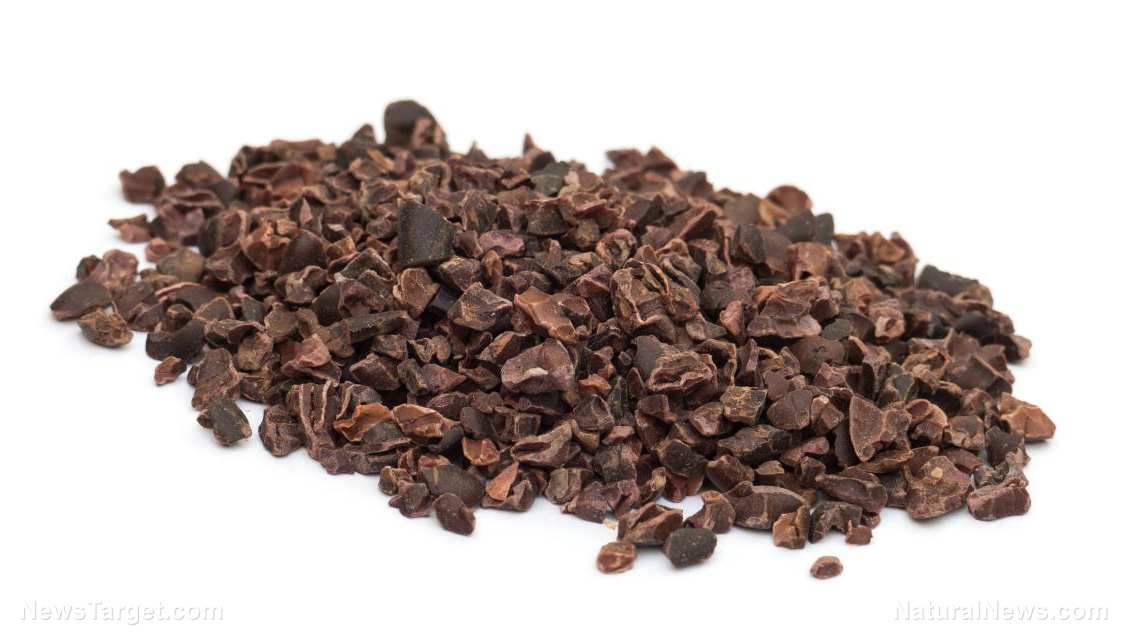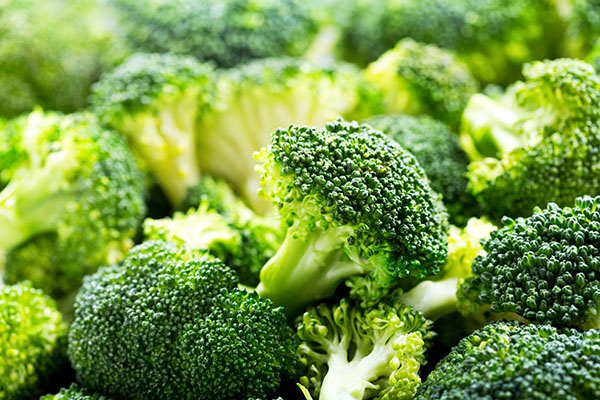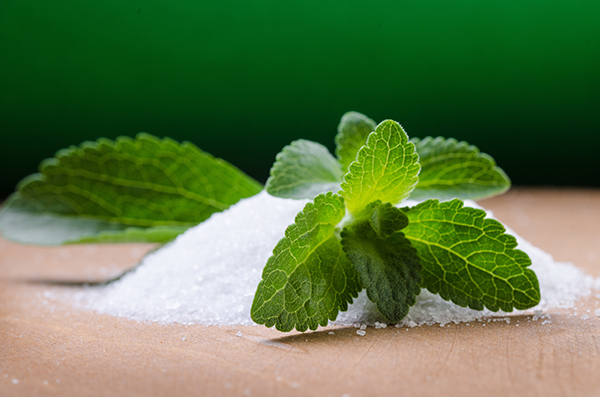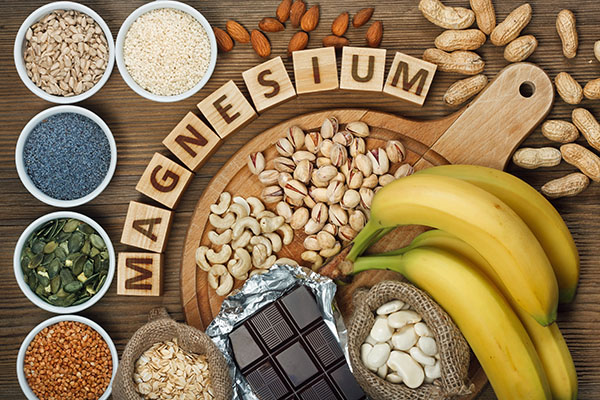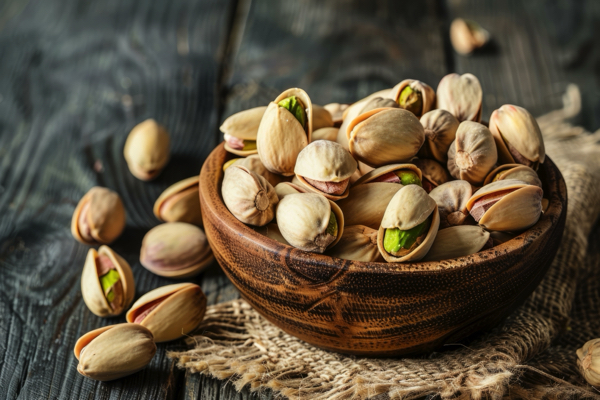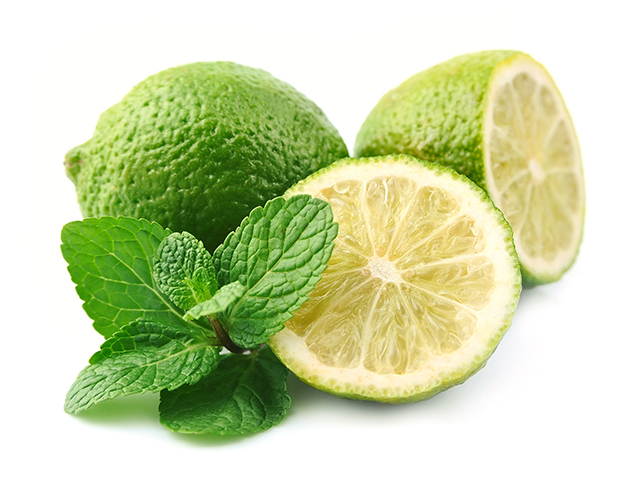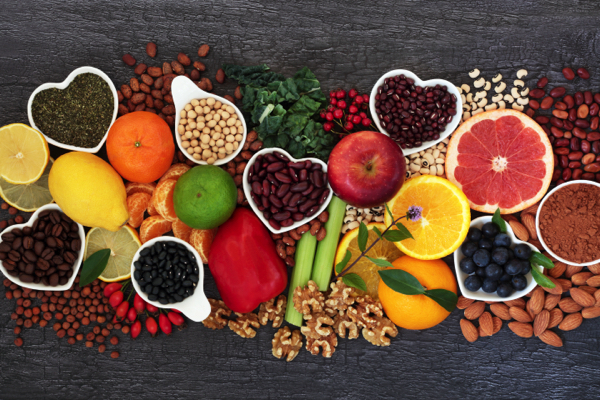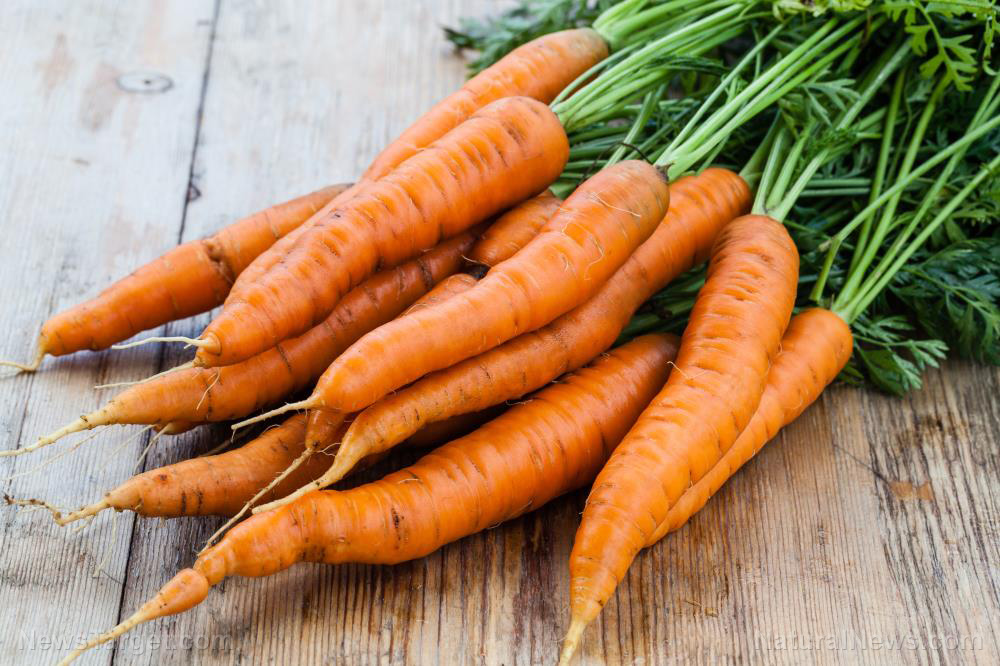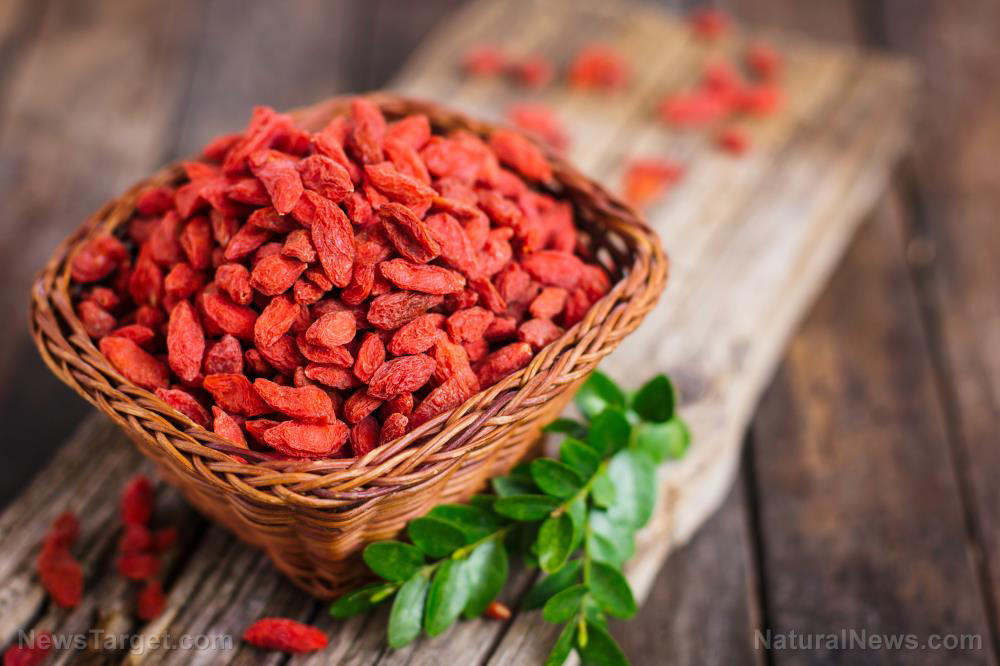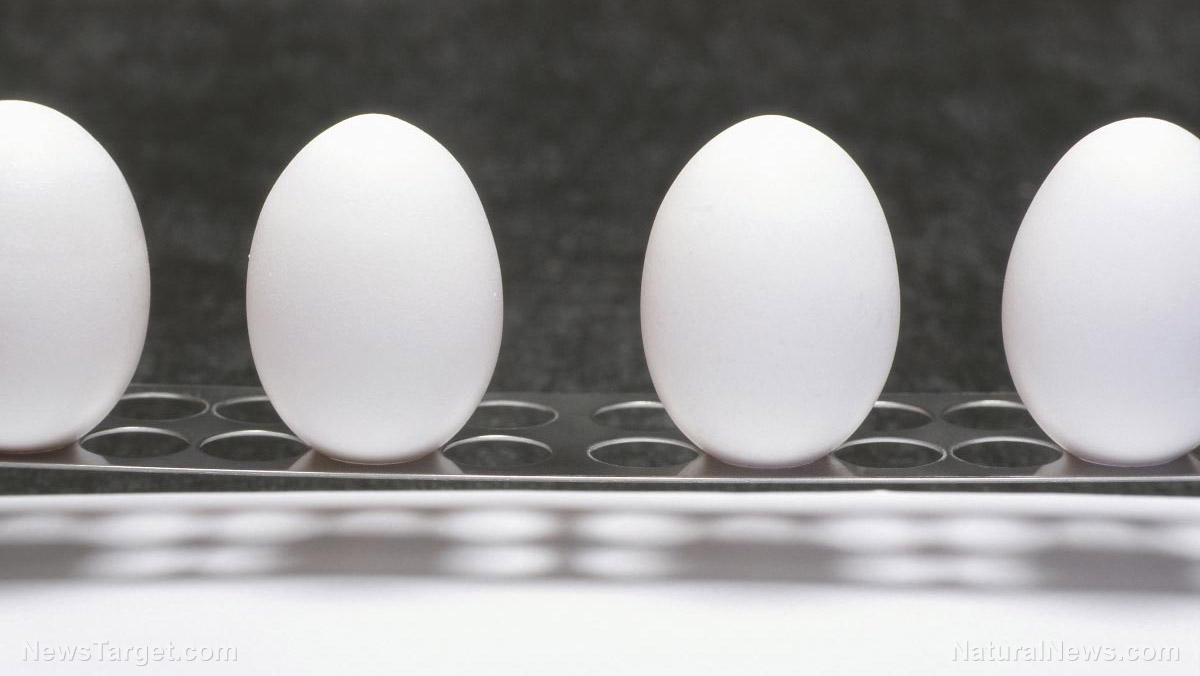The forgotten brain booster hiding in your pantry: How COPPER intake could sharpen your mind
07/29/2025 / By Lance D Johnson
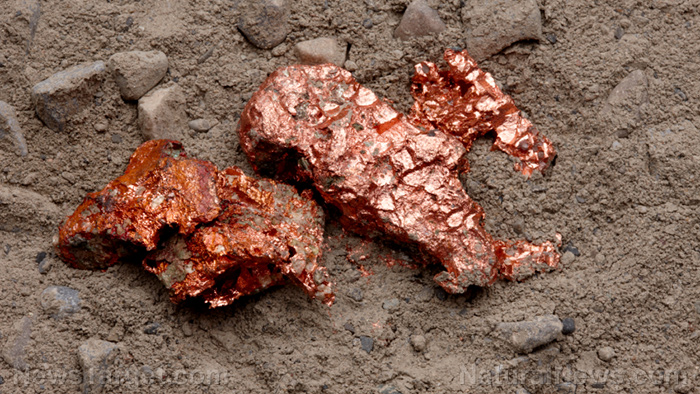
For decades, the hunt for brain-boosting nutrients has led to billion-dollar supplement industries and flashy superfood trends. But what if one of the most powerful cognitive enhancers has been quietly sitting in your kitchen all along? New research suggests copper—yes, the same mineral found in chocolate, nuts, and shellfish—may play a starring role in memory, processing speed, and even stroke recovery. And unlike pricey nootropics or experimental drugs, this nutrient is as accessible as a handful of cashews or a square of dark chocolate.
A study published in Scientific Reports followed over 2,400 older Americans and found that those who consumed more copper-rich foods consistently outperformed their peers on cognitive tests. The differences weren’t marginal; they were measurable, with nearly 4-point jumps in processing speed and stronger scores across memory and verbal fluency assessments. The implications are profound: something as simple as dietary tweaks could help preserve mental sharpness well into old age.
Key points:
- Older adults with higher copper intake scored significantly better on memory, processing speed, and verbal fluency tests.
- The brain benefits plateau at specific levels (1.2–1.6 mg/day), suggesting moderation is key—more isn’t necessarily better.
- Copper supports neurotransmitter production, energy metabolism, and antioxidant defenses, all critical for brain health.
- Stroke survivors saw even greater cognitive improvements with optimal copper levels, likely due to its role in reducing oxidative damage.
- Doctors rarely test for copper deficiency, leaving many unaware of its impact on fatigue, brain fog, and cognitive decline.
Why your brain craves copper
Copper isn’t just a metal in pennies or wiring—it’s a biological workhorse. Every cell in your body relies on it to function, but the brain is especially hungry for it. Think of neurons as a bustling city: copper helps build the roads (neurotransmitters), power the streetlights (energy production), and even put out fires (antioxidant defenses). Without enough of it, communication between brain cells slows, energy production stutters, and oxidative stress—a major driver of aging and neurodegeneration—rampages unchecked.
The study’s participants with the highest copper intake (around 1.44 mg/day) didn’t just perform better on tests; their brains were operating with the precision of a well-oiled machine. Copper fuels enzymes like superoxide dismutase (SOD), which neutralizes harmful free radicals. When SOD activity is optimal, it can slash brain cell damage by 40%, a lifeline for stroke survivors battling post-injury inflammation.
The stroke connection: copper as a neural firefighter
Stroke isn’t just a one-time event—it’s a cascade of damage. After the initial blow, oxidative stress continues to chew through healthy tissue like an unchecked wildfire. Here’s where copper steps in. At levels around 1.5 mg/day, it helps produce enough SOD to douse the flames, reducing inflammation and even aiding repair.
The study found that stroke survivors with higher copper intake saw more dramatic cognitive improvements than their peers. That’s no coincidence. Copper doesn’t just protect—it helps rebuild. It activates pathways that promote neurogenesis (the birth of new brain cells) and strengthens blood vessels, crucial for recovery. As lead researcher Dr. Weiai Jia noted, the data suggests copper isn’t just a passive nutrient; it’s an active player in brain resilience.
How to harness copper’s power—without overdoing it
The sweet spot for copper intake is clear: 1.2 to 1.6 mg per day. Go below that, and the brain misses out. Go far above, and the benefits vanish. The good news? Hitting that target doesn’t require exotic supplements—just a few strategic food choices:
- Dark chocolate (1 oz): 0.2 mg
- Cashews (¼ cup): 0.6 mg
- Shiitake mushrooms (cooked, ½ cup): 1.3 mg
- Oysters (just one): 0.5 mg
The sharpest minds in the study weren’t those who occasionally binged on copper-rich foods; they were the ones who incorporated them regularly. A sprinkle of nuts here, a few mushrooms there—small, consistent choices add up. While copper isn’t a magic bullet, it’s a startlingly simple tool in the fight against cognitive decline. In a world obsessed with high-tech brain hacks, sometimes the best solutions are the oldest.
Sources include:
Submit a correction >>
Tagged Under:
aging, antioxidants, brain fog, brain health, cognition, cognitive decline, copper, dementia prevention, dietary minerals, Dietary Tips, healthy aging, memory, mental clarity, neuroprotection, neuroscience, neurotransmitters, nutrition, oxidative stress, stroke recovery, superoxide dismutase
This article may contain statements that reflect the opinion of the author
RECENT NEWS & ARTICLES
COPYRIGHT © 2017 PHYTONUTRIENTS NEWS

